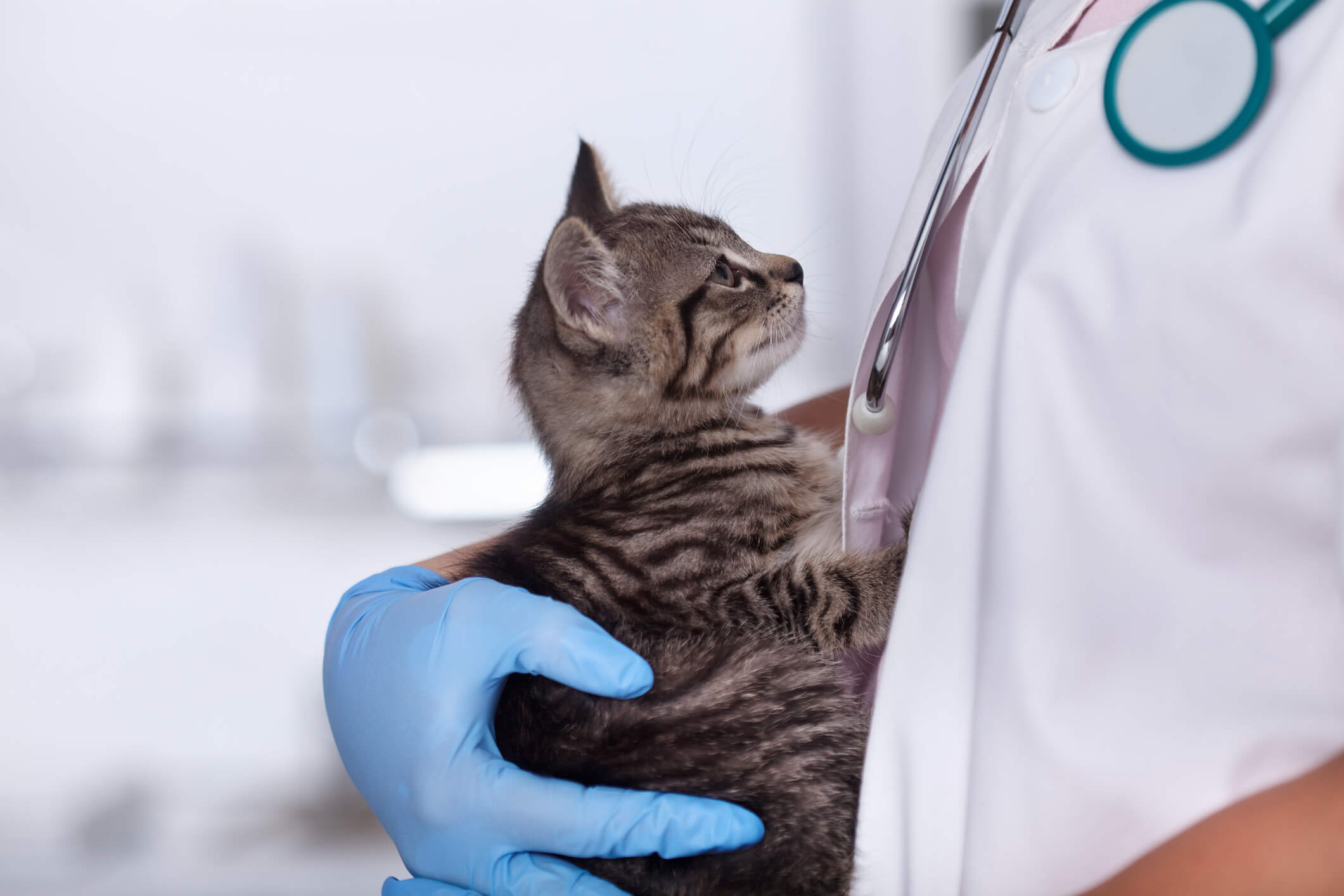For those of us who have been lucky enough to call pets a part of our family, we understand the love that accompanies our relationships with them. Some people like to take things to the extreme, like purchasing only the best treats, toys – and even clothing – that money can buy. But while we are so concerned with our furry family members’ happiness, do we consider their privacy?
It may sound somewhat ludicrous to some, but more than half of U.S. states have laws that govern how animal medical records are to be handled, which is almost similar to HIPAA. Regardless of your feelings, many veterinarians and animal hospitals take their “patient” privacy very seriously. Unfortunately, even animal medical professionals experience record breaches and thus consider privacy to be of top priority. Here are three things that veterinary practices and animal hospitals need to know when it comes to securing their records.
1. HIPAA only applies to human medical records, but some states have laws for pets.
You may have heard of HIPAA, the Health Insurance Portability and Accountability Act, which covers people and their medical records. However, since HIPAA does not apply to our pets, some states have actually implemented laws that address the same concerns for animals. For instance, in the state of Kentucky, a veterinarian shall not release information concerning a client or the patient without written authorization.
2. Animal medical records include information on their human families.
You may be wondering why it matters if animal medical records and information are shared. After all, no one is stealing an animal’s identity. However, what you may fail to realize is that a pet’s place of residence and telephone number, identification, and financial information is the same as its owner. This personal information is also at risk when it comes to a data breach. For instance, a malware infection put more than 4,600 clients of the Ohio State Veterinary Center at Dublin at risk.
3. There are steps that can be taken to protect these records.
Since veterinarians and animal hospitals house private information of pets and their human family members, and this data remains at risk of both technology breaches as well as destruction caused by a natural disaster, it is imperative that animal doctors and their practices take measures to protect this information from harm. You can protect valuable information in a few different ways:
- Limit employee access to client information
- Change passwords and access rights when an employee leaves
- Ensure that passwords are difficult to guess by using symbols and numbers in them
- Utilize a multi-layered security software
- Use firewalls and anti-virus protection on all devices used by the practice
- Consider encryption software
- Update security software and operating systems on a regular basis
- Be sure you have remote wiping software in the event that a device is lost or misplaced
- Choose a reliable cloud provider and store data on the cloud (if you want to use your own private services select a reputable hosting provider)
- Use a document destruction/shredding company to destroy sensitive paper documents
Mahan Law Can Help
Running a veterinary practice can be time-consuming and stressful. As the industry continues to rapidly grow, so too do the laws that govern it. If you own a veterinary practice you can rely upon the advice and guidance of an experienced veterinary attorney to ensure your industry and legal compliance.
At Mahan Law, we provide legal services to veterinary professionals across the country. From dealing with practice transitions and real estate transactions to practice valuation and civil litigation, we focus solely on helping the veterinary industry. With a depth of knowledge and first-hand experience, the lawyers at Mahan Law can help. To learn more or to schedule a free consultation, contact us today!

